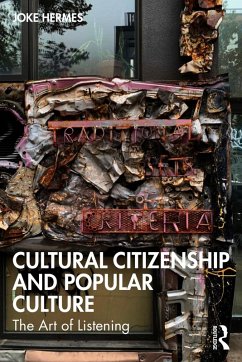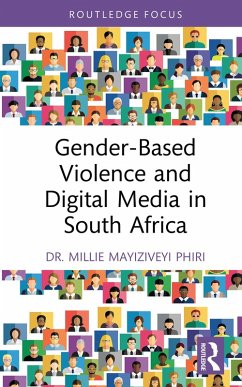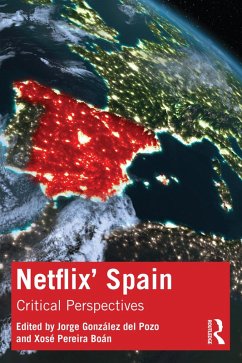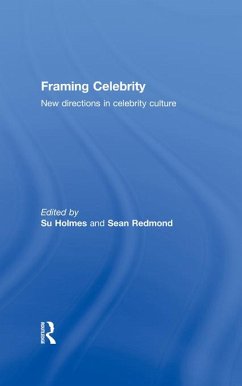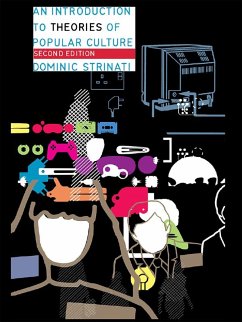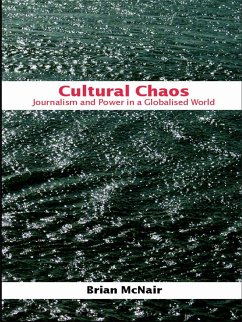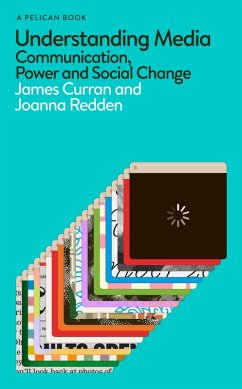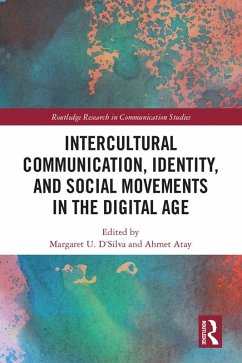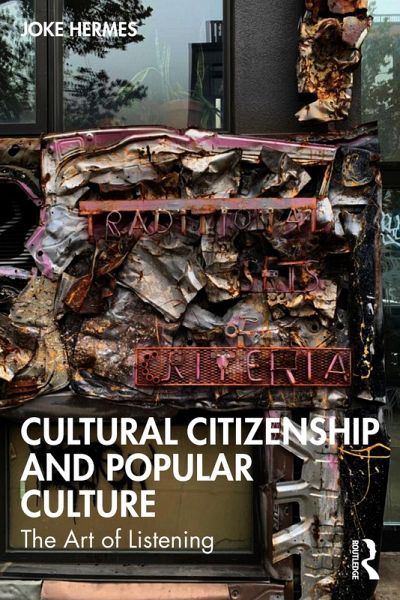
Cultural Citizenship and Popular Culture (eBook, ePUB)
The Art of Listening
Versandkostenfrei!
Sofort per Download lieferbar
36,95 €
inkl. MwSt.
Weitere Ausgaben:

PAYBACK Punkte
18 °P sammeln!
Written in an accessible and engaging style, this book uses a series of case studies to show how popular media are important to us, as a source of pleasure and entertainment, but also in communicating about the world with others.Social media platforms have changed how we talk about what we like and dislike in our popular media use. 'Cultural citizenship' shows how these discussions speak to 'belonging', to what we feel our rights and responsibilities are in today's polarized world. Cultural Citizenship and Popular Culture is based on audience-led research and does not privilege textual analysi...
Written in an accessible and engaging style, this book uses a series of case studies to show how popular media are important to us, as a source of pleasure and entertainment, but also in communicating about the world with others.
Social media platforms have changed how we talk about what we like and dislike in our popular media use. 'Cultural citizenship' shows how these discussions speak to 'belonging', to what we feel our rights and responsibilities are in today's polarized world. Cultural Citizenship and Popular Culture is based on audience-led research and does not privilege textual analysis as a starting point for taking popular media use's measure. Instead, it offers research tools to listen to others.
This book offers scholars and students of media and creative industries a means to understand their professional position as one in which they engage with rather than assume to know what users of popular cultural texts and products think and feel.
Social media platforms have changed how we talk about what we like and dislike in our popular media use. 'Cultural citizenship' shows how these discussions speak to 'belonging', to what we feel our rights and responsibilities are in today's polarized world. Cultural Citizenship and Popular Culture is based on audience-led research and does not privilege textual analysis as a starting point for taking popular media use's measure. Instead, it offers research tools to listen to others.
This book offers scholars and students of media and creative industries a means to understand their professional position as one in which they engage with rather than assume to know what users of popular cultural texts and products think and feel.
Dieser Download kann aus rechtlichen Gründen nur mit Rechnungsadresse in A, B, BG, CY, CZ, D, DK, EW, E, FIN, F, GR, HR, H, IRL, I, LT, L, LR, M, NL, PL, P, R, S, SLO, SK ausgeliefert werden.




